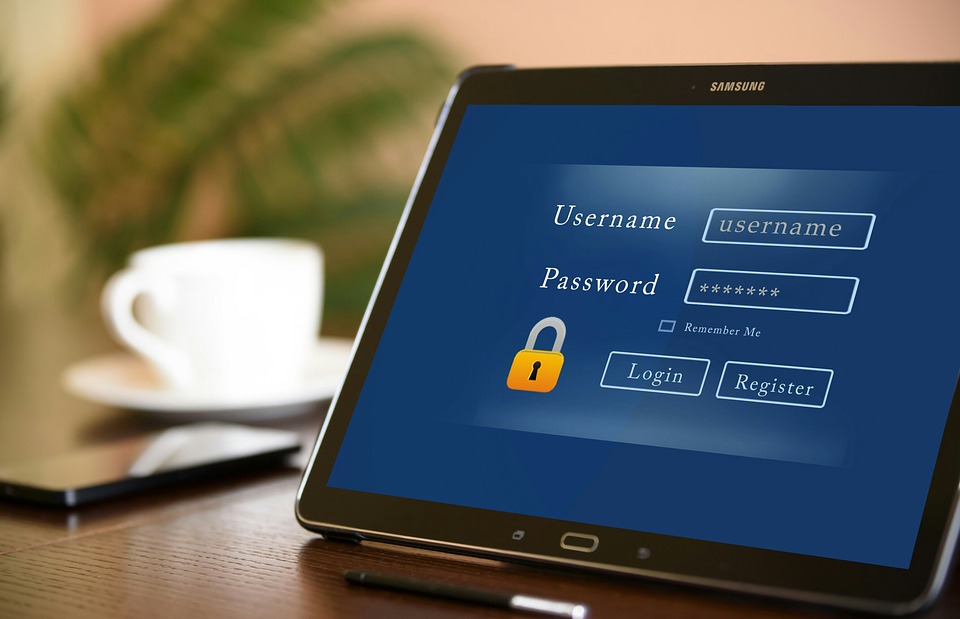How do you choose a good password? It’s a question that has plagued people for years. With all the hacks and data breaches, it’s hard to figure out what is secure and what isn’t.

Table of Contents
What is Called a Secure Password?
Is “password123” secure or not? Well, to answer this question, we need to ask ourselves the following:
- Does the password contain an uppercase letter?
- Does it contain at least one number?
- Does it have at least one symbol (e.g., !@#$%^&*()_+-=`{}|[]~)?
- Is it more than 8 characters long?
- And does it contain both upper case and lowercase letters?
If you answered yes to all of these questions, your password should be pretty dang secure.
But wait! You said nothing about replacing letters with numbers or symbols? Or about adding a couple of upper-case letters to the start and end of your password? If you didn’t, then congratulations—you’ve just gotten an A+ on our test so far!
But there’s one more thing we need to talk about: if your password is too predictable, it can be hacked in seconds. That means that your password should not contain any part of your name, birth date, phone number/social security number, email address, street address, or any other personal data that could potentially identify you.
For example “password” would be a terrible password because it contains the word “password”.
If your password starts with “password”, contains the word “password” (or any variation like “passw0rd”), or is shorter than 8 characters, then you should definitely change it.
How to Create a Good Password
Don’t write down your pass anywhere
First off, forget all about writing down your passwords on sticky notes and leaving them lying around for anyone to see (even if you hide it under your keyboard as some people do).
One password for one app
You should also never use the same password across multiple websites/applications; instead, create an “account” for each website/application you use.
For example, if you make a Twitter account but start using Facebook as well, don’t just use the same password for both accounts!
Use a master password
While we recommend that you have a different password for every website you use, that can be difficult if you’re using multiple websites that require the same sort of information from you (e.g., when signing up for online email service).
In this case, it might be best to use a “master” password across all your accounts and then add in a number at the beginning or end in order to differentiate between them. So in our previous example, “password123” would become something like “password12facebook” or “password123email.”
Using a master password is especially important because most websites store your passwords with encryption algorithms that can easily be hacked with modern-day computers.
If someone was able to hack into one of these sites and steal all their users’ passwords, it would be possible to break into every single one of their accounts without having to try different combinations. This is known as password cracking, which is often used by hackers for evil purposes (i.e., stealing your money).
Password should be easy to remember
A password of random letters and numbers is hard to remember, so you should try making passwords of words instead. You can use a phrase or a song lyric as your password (as long as they’re not something stupid like “password” or “letmein”), but keep in mind that if you use phrases/song lyrics, the more common the phrase/lyric, the easier it’ll be for someone to figure out your password!
Password strength checkers
At one point or another, most people will wonder whether their password is strong enough. Although there are some websites dedicated to checking if your password is secure enough (e.g., this website ), most websites will tell you right away if your password needs improvement.
For example, if you attempt to sign up for an account on Twitter and type in your email address, it will pop up with something like “Password must be at least 15 characters.”
Don’t just look at the number of letters/numbers/symbols; go by how hard it is to crack instead!
If you only have numbers, symbols, and uppercase letters, then it’s probably pretty easy to guess (e.g., “password1234abc!”).
However, if you make your password longer by using lowercase letters as well, you’re already much closer to making a secure password (e.g., “1q2w3e4r5t” “L0v3ly” “Daydreaming”).
Conclusion
Before you sign up for any website/application, always check the password requirements and follow them.
If your password is too short or too simple, it’s time to change it immediately! If there aren’t any requirements, then at least try to add a number or symbol somewhere in your password so that it’ll be harder for someone else to guess. However long you want it to be is fine as long as nobody can crack it easily with a computer.

